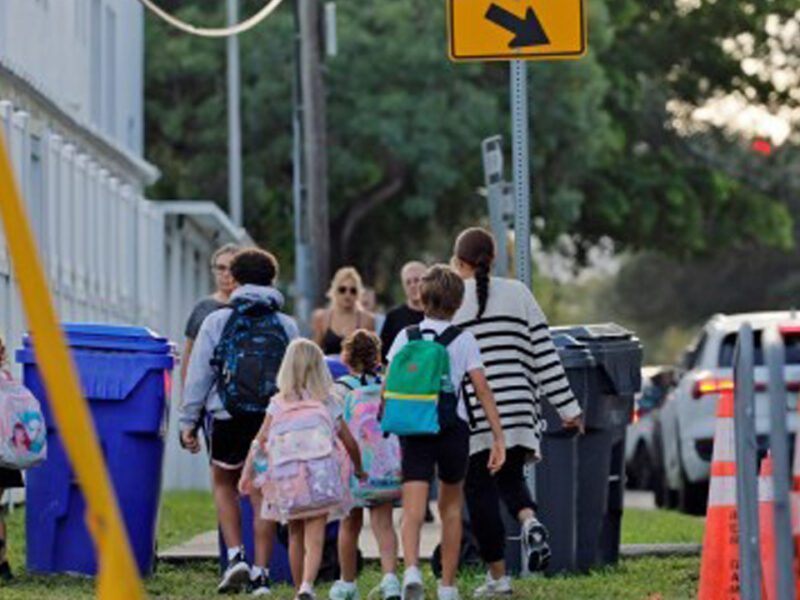Florida Could Soon Vote on Taxing Marijuana for School Revenue
Florida Daily | by Ed Dean | May 19, 2021
Florida could soon vote on a state constitutional amendment on marijuana.
Last month, a Pew Research poll showed that 91 percent of Americans believe in some form of marijuana legalization.
Democrats in control of the U.S. Senate are expected to push legislation that would end the federal prohibition on marijuana which also tackling its regulation and taxing it.
That being the case, some states are looking to get in on the action. Last week, ABC News reported that more states are considering making the drug legal and using the taxes its sale will bring to expand their revenue.
In Florida, last month the state Supreme Court shot down a proposed state constitutional amendment expanding marijuana in the Sunshine State. The court said the ballot language was misleading.
But observers say this won’t stop the marijuana lobby in Florida and the next potential argument for legalization will be to fund government programs, including education.
“It’s coming,” political commentator Barney Bishop told Florida Daily.
“In the next few years, if budget outlooks show a deficit, marijuana proponents will argue if the drug is made legal, then the taxes from the sales could be used for budget shortfalls and could fund state and local education,” said Bishop.
But the idea of funding education in Florida by taxing marijuana taxes isn’t new.
In 2020, state Rep. Carlos Guillermo Smith, D-Orlando, called for taxing marijuana and using part of the revenues for local school districts.
“We all know it is going to happen eventually,” Smith said about legalization. “Why not be proactive?” said Rep. Smith
Proponents of legalization insist, by not taxing the drug, Florida is leaving money on the table.
This year, the Tax Foundation estimated that Florida’s potential revenue from taxing marijuana over the next three years would be close to $500 million dollars.
But opponents of marijuana legalization respond by saying any new revenues from the taxes would have to fund public health and the social costs from more people misusing the drug.
“I’ve heard these arguments before and I don’t think the idea of funding education with marijuana taxes is going to sell with parents and taxpayers,” said Shawn Frost, the director of education policy at MVP Strategies.
“Nobody ever addresses what the cost will be when young people and others get hooked on this drug and what the cost to society may be,” added Frost.






